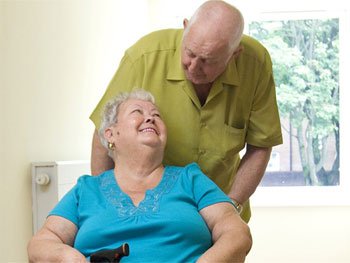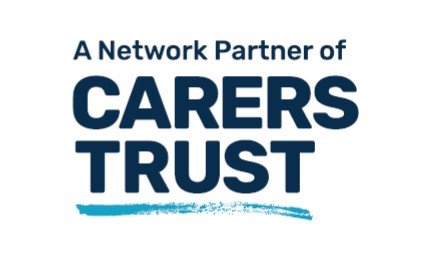Understanding Caring
People often confuse the term “Carer” with “care worker”. A care worker (sometimes called a support worker) is someone who has chosen to provide care or support services and receives a wage or salary from a care agency for doing so.
If you’re looking after a relative, partner or close friend because of illness, substance misuse or disability, unpaid then you are a Carer. You may be a child or an adult.
Carers are often called Family Carers or Informal Carers by professionals.

Enfield Carers Centre supports all unpaid Carers including those who receive Carers Allowance (a government benefit). Enfield Carers Centre supports Carers from 5 years old and upwards. All references to Carers on this website relate to Unpaid Carers.
Anyone can become a Carer at any time in their life. Every day in the UK 6,000 people take on a caring responsibility. Three in 5 people will be Carers at some point in their lives. It’s not always a choice to begin caring – accidents and illness can suddenly mean that people take on the role of Carer without any choice.
Carers can be from any age, ethnicity or social background.
Carers may be providing different levels of care and support. Below are three examples of very different caring situations.

Caring Example 1
Pauline is a single-parent, working part-time with two children – Jack, 18 and Harry, 15. Harry has Autism (a developmental disorder characterised by significant difficulties in social interaction and nonverbal communication).
Harry’s behaviour can be very challenging and he attends a school that specialises in providing education for children with special needs.
Jack helps Pauline to care for Harry and often stays at home with him while Pauline goes shopping, does household chores or attends an appointment. Both Pauline and Jack are Carers.
Caring Example 2
John works full-time and cares for his mum, Joyce, who is 85 and lives alone and has Diabetes. Joyce is due to have her right leg amputated below the knee because of complications with her Diabetes. Joyce also has Macular Degeneration which means she is virtually blind in one eye.
Joyce manages quite well at home on her own as she is very familiar with her surroundings, having lived there for over 40 years.
Care workers visit Joyce twice a day to help her with personal care. Her home has just been adapted so that it’s suitable for her disabilities and can accommodate her wheelchair and commode.
John visits up to three times a week, to help Joyce with shopping and odd jobs around the house. John is a Carer.


Caring Example 3
Emma cares for her son Joshua who has mental ill health. Joshua lives alone but comes “home” to Emma almost every day. When he is well, he is able to manage his own shopping, meals and personal hygiene. However, Joshua relies heavily on Emma to help him manage his finances, maintain his links with the local mental health team, ensure he takes his medication and deals with correspondence from the local job centre, benefits and housing office etc.
Occasionally, Joshua’s mental health deteriorates severely and he becomes very unwell. Emma’s help at these times is crucial to prevent total relapse and admission to the local hospital’s mental health unit. Emma is a Carer.
